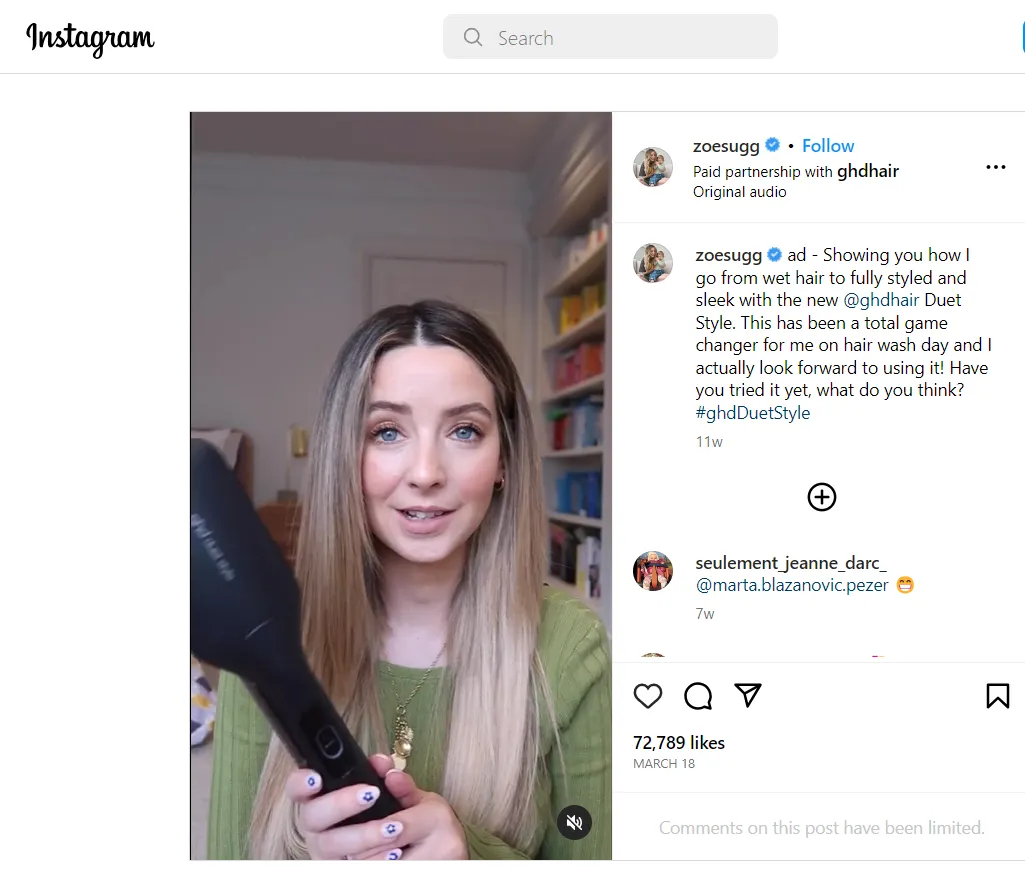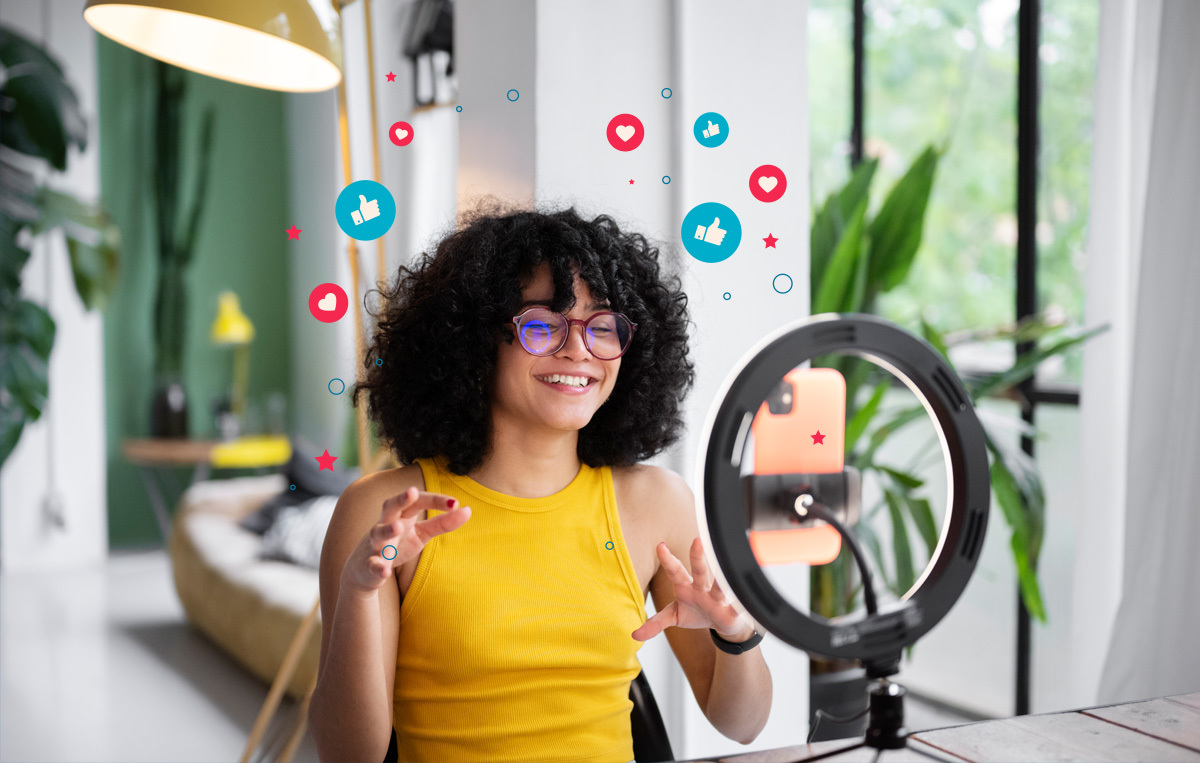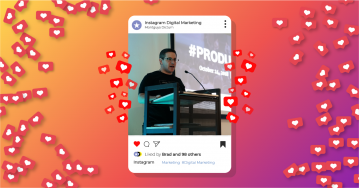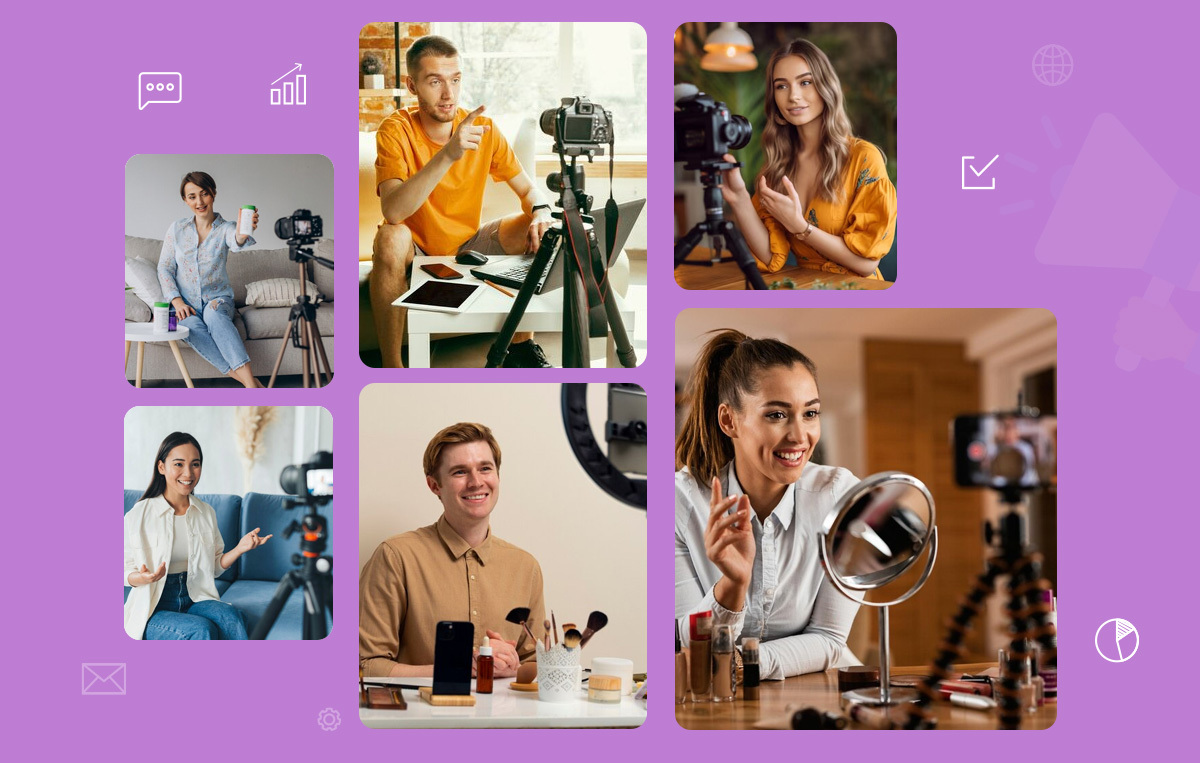More About Sponsorship
While word-of-mouth advertising and other methods of promotion of products and services have been around for a long time, a sponsorship is a more formalized arrangement involving an individual signing off on a brand and its offerings.
So, what is a sponsorship in the modern context?
A sponsorship, usually executed on social media, refers to an arrangement between companies and influencers to jointly advertise the brand’s products and services to the latter’s network or followers. The company typically pays the influencer in cash, products, or other incentives for creating and sharing content that features the sponsoring brand.
Common social media sites used for sponsorships include Instagram, TikTok, YouTube, Snapchat, Twitter, Facebook, and LinkedIn. These platforms enable brands and influencers to interact and work together to reach and engage their target audiences.
Sponsorship is undoubtedly one of the best ways for a business to promote its products to a broader audience. With the increasing number of influencers and the extensive social media audiences they have access to, any brand can successfully enhance its online visibility and promote its products.
Also, the influencer’s word and their content are generally seen as trustworthy by their followers. Thus, good influencers can aid in greatly expanding a business and its reach.
Depending on the nature of the partnership and the goals of the company and influencer, sponsorships as part of social media marketing can take various forms, including
Sponsored posts: The influencer creates and posts content, such as text with photos or videos, highlighting the sponsoring brand and the uses and merits of its product or service. These posts are often identified as sponsored content with hashtags like #sponsored or #ad to denote the paid partnership.
Product placement: The influencer tries to organically include the sponsoring brand’s products in their content. They could, for instance, use the product in a review, demonstration, or tutorial video.
Contests and giveaways: The sponsoring brands collaborate with influencers to host a giveaway or contest for the target audience. To enter the contest and win the brand’s products or other prizes, participants must meet the terms put forth by the influencer, which typically include guidelines for commenting, liking, and sharing.
Brand ambassadorships: These are partnerships between the brand and influencer that generally last for a long term. The brand makes the influencer its ambassador, who promotes its products or services on social media platforms.
A sponsorship is beneficial for both the brand and the influencer. It gives a good opportunity for the brand to leverage the influencer’s popularity and reputation to raise brand awareness, spark conversations, and connect with a specific audience. Influencers, in turn, are compensated and gain free access to products and services.
The image below shows an Instagram user highlighting the brand GHDhair’s product and identifying the brand sponsorship as a ‘paid partnership.’



